Addressing Uncertainty in AI Inventorship: USPTO’s Call for Change
- Updated on: Jan 11, 2025
- Read 4 minutes
- Published on Jan 11, 2025
The USPTO is seeking public input on whether the patent system should be modified to address the uncertainty surrounding AI inventorship. The proposed changes aim to provide legal clarity and certainty for inventors and stakeholders, while critics raise concerns about technical limitations, ethical and social concerns, and economic implications.
AI has revolutionized various fields, including intellectual property law, and raises new challenges for inventorship. Currently, the US Patent and Trademark Office (USPTO) recognizes only human inventors, leaving AI-generated inventions in a legal gray area. This issue has prompted the USPTO to seek public input on whether the existing patent system requires a change to address the uncertainty surrounding AI inventorship. The significance of this issue lies in the potential consequences for patent law, innovation, and the wider implications for AI ethics and governance. As such, addressing uncertainty in AI inventorship is a crucial and timely matter for legal and technological advancement.
The Current Legal Landscape for AI Inventorship
Inventorship is the legal recognition given to a person who has contributed to the conception of a new and non-obvious invention. Inventorship is significant as it determines the ownership of patents and the right to exclude others from using, selling or, making the invention.
The Role of Human Inventors in the Patent System
- The US patent system is based on the idea of incentivizing human inventors to create new and useful inventions by granting them exclusive rights for a limited period of time.
- The patent system also incentivizes the disclosure of new inventions to the public in exchange for the right to exclude others from using the invention.
- This approach is based on the assumption that human creativity and ingenuity are the primary drivers of innovation.
The Current Position of USPTO on AI Inventorship
- The USPTO currently requires that only natural persons can be named as inventors in a patent application.
- The USPTO maintains that the inventor must be a human who contributes to the conception of the invention by making a significant intellectual contribution to the inventive concept.
The Challenges of AI Inventorship A. Understanding the Nature of AI Inventors
AI systems can generate inventions autonomously without direct human intervention or contribution. AI-generated inventions are the result of complex algorithms and machine-learning processes that may not be easily understood or explainable by humans.
Issues with Assigning Legal Rights to AI
- The question of who owns the rights to AI-generated inventions remains unresolved, as current patent laws only recognize human inventors.
- Assigning legal rights to AI systems is complicated by the fact that they lack legal personhood and agency.
Liability Concerns in AI-Generated Inventions
- The liability of AI systems for the consequences of their actions and decisions is a complex and evolving area of law.
- The issue of liability is particularly relevant in the context of AI-generated inventions, as the potential risks and harms associated with such inventions are not fully understood or predictable.
USPTO’s Call for Change: A. Proposed Changes in the Patent System
The USPTO has proposed several changes to the current patent system to address the uncertainty in AI inventorship. These include: a. Amending the definition of “inventor” to include AI systems that generate inventions. b. Modifying the patent application process to require disclosure of the involvement of AI in the invention’s creation. c. Developing a specific legal framework to address AI-generated inventions.
These changes are aimed at providing legal clarity and certainty for inventors, patent applicants, and other stakeholders.
International Legal Framework on AI Inventorship
- The USPTO is also considering the development of an international legal framework to address AI inventorship.
- This framework would aim to provide consistency and uniformity in how different countries handle AI-generated inventions and inventorship.
- It could also help to ensure that inventors are appropriately credited and compensated for their contributions, regardless of where the invention was generated.
Potential Impact of the Proposed Changes
- The proposed changes could have a significant impact on the patent system and innovation ecosystem, including:
- Providing clarity on the ownership and control of AI-generated inventions, which could incentivize investment in AI research and development.
- Allowing for the more efficient and effective management of patent portfolios that include AI-generated inventions.
- Reducing the risk of litigation and legal disputes over AI inventorship, which could promote innovation and reduce costs for businesses.
Criticisms and Limitations A. Ethical and Social Concerns
Some critics have raised ethical concerns about assigning legal rights to AI-generated inventions, particularly around issues of autonomy and accountability.
Others have raised concerns about potential biases in AI-generated inventions and their impact on social equity.
Technical Limitations of AI
- There are also technical limitations to AI’s ability to invent, such as limitations in creativity, intuition, and the ability to understand human needs and preferences.
- These limitations could impact the quality and relevance of AI-generated inventions and raise questions about their legal and commercial value.
Economic and Market Implications
- There could also be economic and market implications of recognizing AI as inventors, such as potential changes in licensing and patent infringement litigation.
- These implications could impact the balance of power between large and small companies and alter the competitive landscape in certain industries.


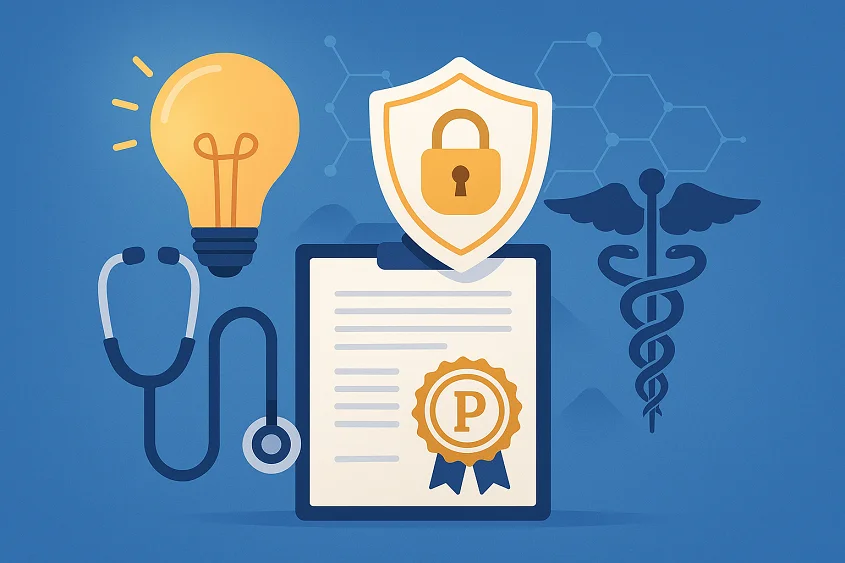
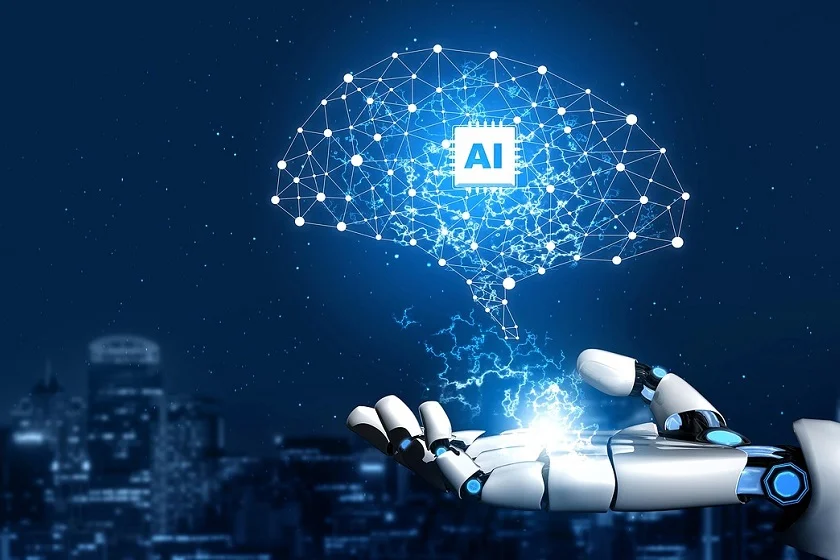

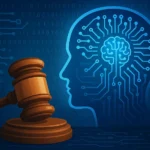
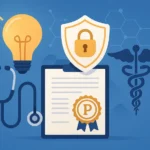
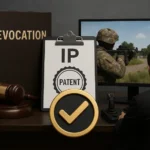
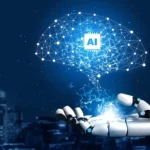

No comment yet, add your voice below!